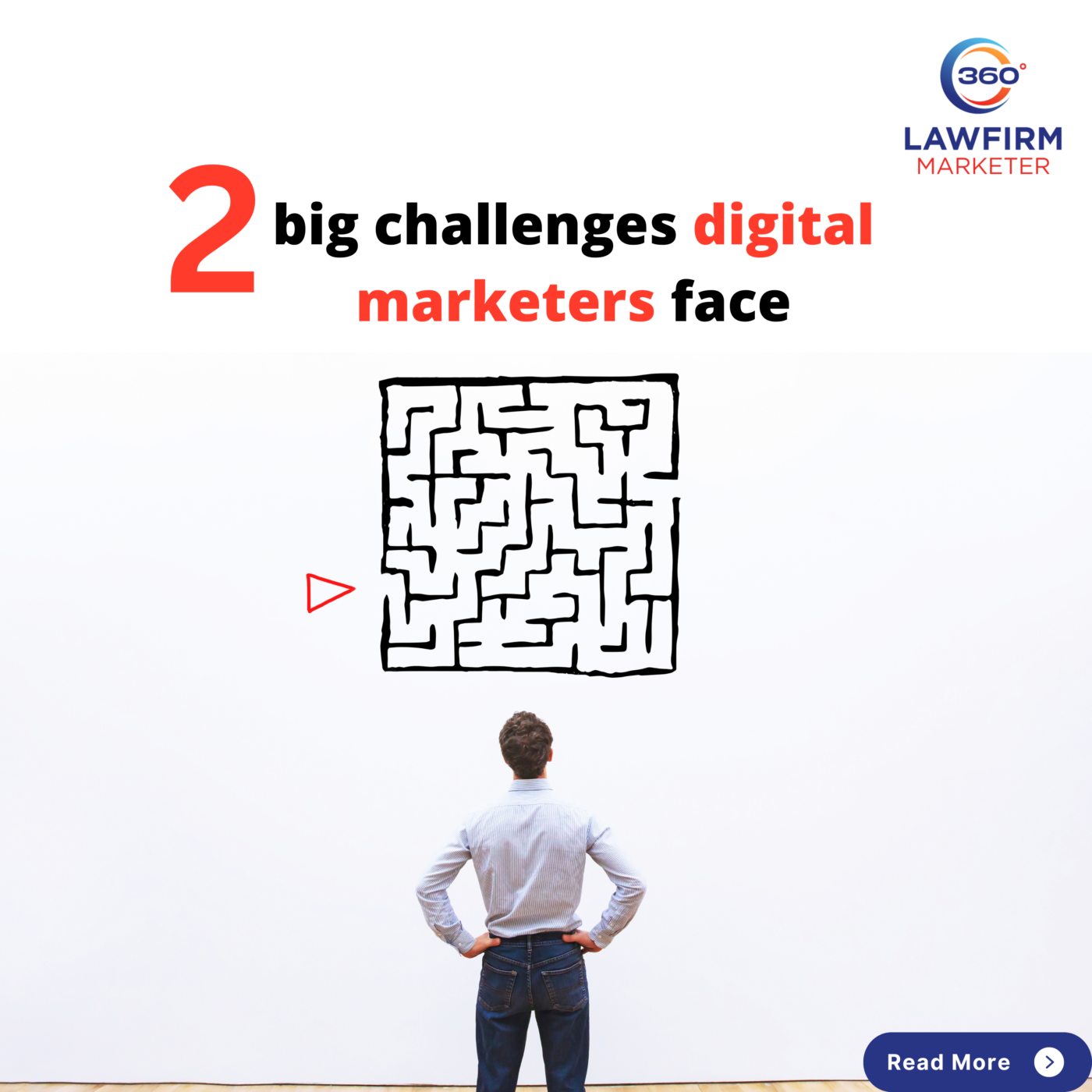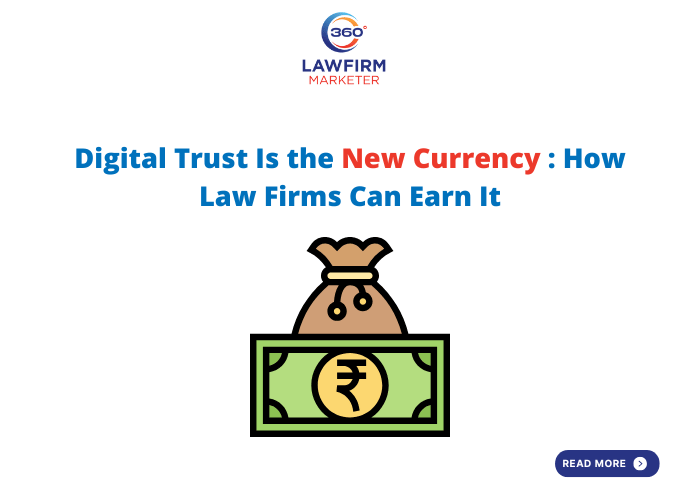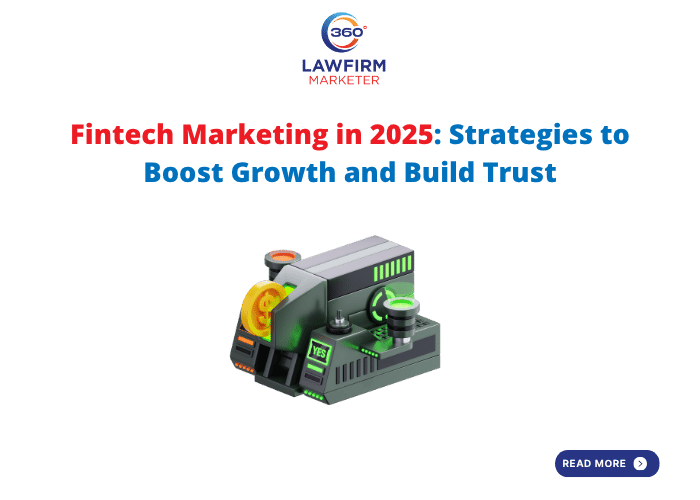Two big challenges digital marketers face

Most of the discussion on digital marketing is by industry outsiders looking in or by digital marketers indulging in geek speak with each other. Very little is talk of some complexities digital marketers encounter day-to-day.
Digital marketers today face two big challenges:
- An increasingly diverse set of clients and uncommon expectations
- Ever-shifting ad platforms and Web technology
1. Clients and their expectations
1.1 Newbie marketers and digital marketers
Today, just as things digital have become all pervasive, within marketing, digital marketing has moved to the centre stage. And while marketing has been best practiced by organisations in a select few consumer industries e.g. FMCG, consumer durables, automotive, BFSI and telecom, today almost every organisation is interested in implementing some digital marketing – even if this means just having a good website or doing e”ective email marketing.
To illustrate this with some numbers, an agency like the WPP group has just a few thousand clients worldwide but the number of Google Ads advertisers worldwide is over twenty million. In India, tens of millions of SMEs as well as the 2 million odd companies in the country constitute the market for digital marketing.
Each one of these organisations can benefit from a good website and SEO, from a basic social media presence and decent email marketing and a large number can also benefit from online advertising. And let’s also say many of these organisations is considering or has at some point already considered professional digital marketing, in the form of hiring an external agency or in-house resource(s).
Thus, digital marketing agencies like the one I run talk to a very diverse set of potential clients. As most of these would-be clients have not been marketers or advertisers, they are looking to make their marketing debut with digital marketing itself.
Unlike traditional marketing organisations who have in-house marketers who talk to agencies, in these diverse set of organisations the business head or sales manager or the CEO herself initiates the discussion – and this person is not marketing savvy. For example, such a person would not have evaluated a brand campaign before.
Such organisations have two bridges to cross – kickstarting marketing and digital marketing – both together. And digital agencies and their marketers bear the burden of making this happen.
In-house digital marketers working with such newbie marketing organisations face this challenge too, they have to navigate the lack of understanding of this field among their colleagues.
1.2 Marketers without hands-on exposure to digital
Secondly, when it comes to the established marketing and advertising organisations – at FMCG and other industries – the marketers are not quite digital marketing savvy. This is because doing digital marketing well requires one to practice it oneself and to do so for some time.
Marketers typically have an outside-in i.e external view of what digital marketing is and what it can do for their brands and business. In my experience, this results in their forming an incorrect perception of what works. It is also reflected in marketers and their organisations having a high or a low expectation from digital marketing.
Thus, agencies and digital marketers must service organisations which are not savvy about marketing and digital marketing OR whose marketers have some misconceptions about digital. This poses a challenge as considerable hand holding of the client is required.
(In contrast, ad agencies have it much easy, every client of theirs knows what a print ad or TV ad is and most have a reasonable idea of what great advertising is. Likewise, software services companies deal with CIOs who speak the same language as them).
2. The dynamic ad platforms & web technology ecosystem
I shall restrict my comments here to a few examples from the top two ad platforms, Google Ads and Facebook Ads.
2.1 Google Ads Smart Automation has impacted digital Marketers
Google Ads has made a major change in its preferred way of targeting, creative and bidding. Starting in the second half of 2021, it is making a major push for the use of Smart Automation for running its campaigns, using Google’s machine learning capabilities. I will not get into the actual details of the change.
What is important to note is that Smart Automation calls for a complete change in how marketers approach Google Ads. For about 15 years, a key task for Google marketers was optimizing three types of keywords and using CPC and CPM in bidding options. The new approach encourages use of only one type of keyword viz. and the use of CPA (cost per acquisition) bidding instead of CPC and CPM, etc.
Further, in the new system, a digital marketer must be careful to allow the campaign to “learn.” New campaigns as well as important changes often require a 15 days waiting or cooling period, during which changes should not be made to the campaigns. And while Smart Automation has worked well overall for my clients, in some cases it has not worked well and we have had to devise a Plan B.
Overall, Smart Automation requires a change in mindset and some leap of faith for the digital marketer and often too for the client (who now gets a di”erent campaign reports).
2.2 Facebook Ads: Nothing much is new?
Unlike Google Ads, where change and innovation is a constant, in Facebook Ads not much of this is seen. The main features remain the same as they were years ago. Facebook Ads includes ads on Instagram.
An important feature of Facebook Ads is interest targeting. I find that the interest targeting has not evolved at all. The interest categories are the same as what they were years ago. Further, in several cases, the interests are very U.S. centric e.g. it is possible to target ads to people in India interested in Starbucks, Costa Co”ee and Dunkin’ Donuts but there is no way to target people interested in the premiere home-grown co”ee chain, Cafe Co”ee Day.
While Facebook Ads has its strengths – simplicity and practicality of its desktop and mobile newsfeed ads being one – it’s lack of evolution does pose a limitation for digital marketers.
2.3 Google Analytics: new product GA4 is adding to digital marketers workload
Google Analytics is the premier, free web analytics tool, installed in over 90% of the websites the world over. It allows one to track tra c to websites. Google is phasing out their current Analytics product called Universal Analytics (UA) and replacing it with Google Analytics 4 (GA4), a new product. Despite having various improvements, GA4 has several negatives too vis-à-vis UA, it follows a new approach and it is not as easy to use as UA but has a learning curve. Not all digital marketers are fans of the new product.
2.4 Ads Support by Facebook and Google could be better
Both Google Ads and Facebook Ads have limited support available to advertisers (agencies included). The badged agencies of Google – what they call Google Partner agencies (like the one I am at) – previously enjoyedtelephonic and email support of a specified Google Ads Account Manager and Ads specialist. This team was available for assistance on all new accounts and on general matters.
This has been since withdrawn. Now a Partner agency must get on an online chat with the general Google Ads support sta”, telephonic support is restricted, this sta” attends to all advertisers, there is no separate team providing support, and general advice which was available earlier courtesy the Account team is not available.
With Facebook Ads, support for Indian advertisers is provided from Singapore. Unlike Google Ads support, where one can ask for help on somewhat complex issues, here – in our experience – support is available mostly for frequently asked cases. One somewhat important though uncommon case took us months to resolve.
2.5 AMP for websites: a Web technology that may not get acceptance
AMP or Accelerated Mobile Pages is Google’s framework (programming tool with a ready-made solution) for creating faster, mobile-friendly pages. Google has been championing AMP for about three years now, it says it results in better SEO results for websites as well as in faster landing pages for ad campaigns.
However, AMP has received critical reviews e.g. all AMP pages end up looking alike and it gives Google too much control over the Web. Hence, AMP may not get widespread acceptance. Digital marketers like us must be able to navigate such uncertainty in technology all the time, this is just one example.
The above will show that digital marketing is becoming increasingly complex. Next time you talk to a digital marketers for your requirement, do keep the above in mind!




